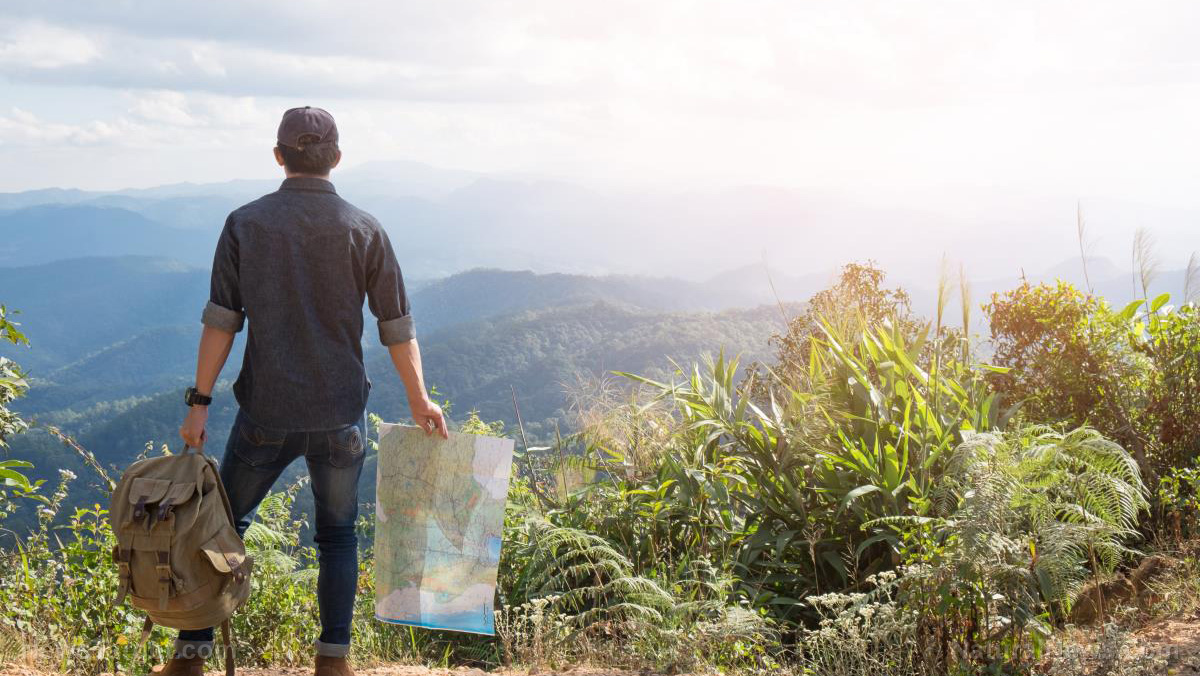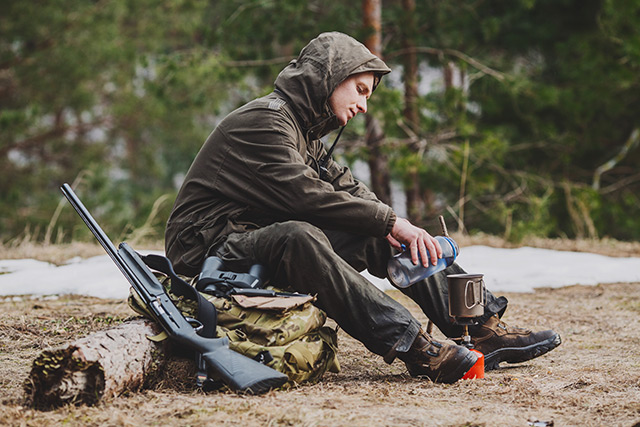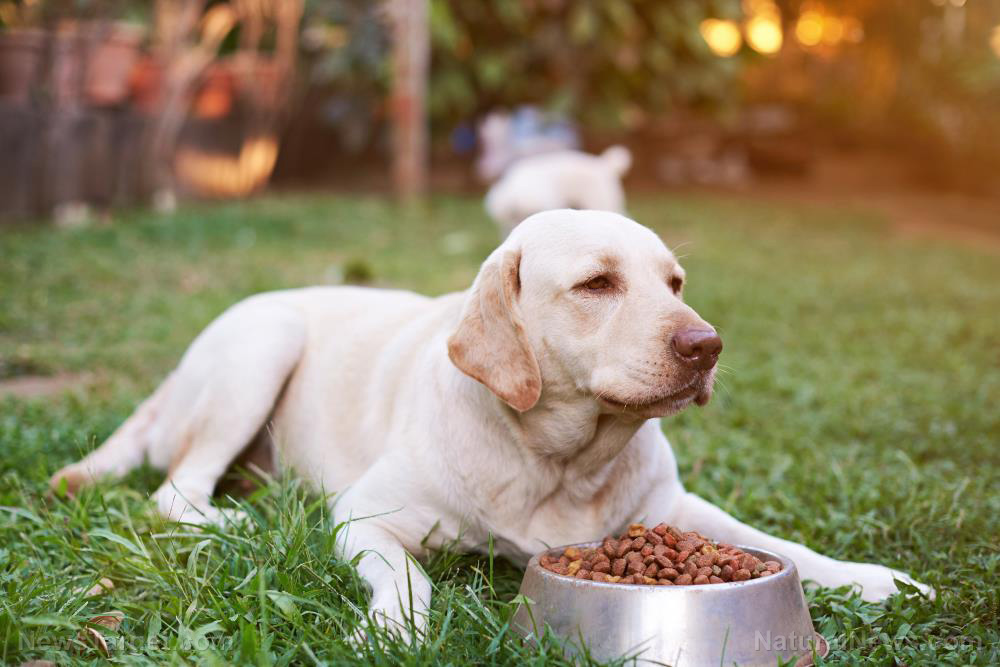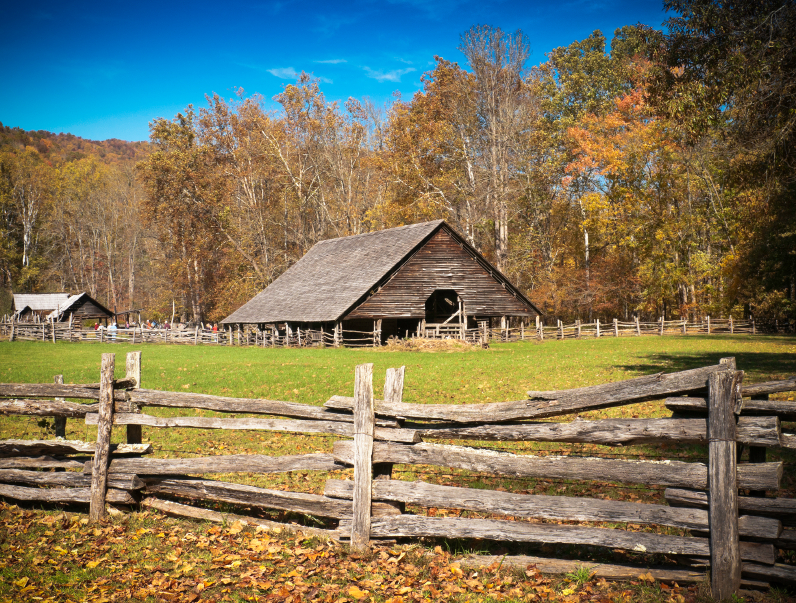Learning from our forefathers: Essential pioneer skills you need to know today
06/05/2018 / By Zoey Sky
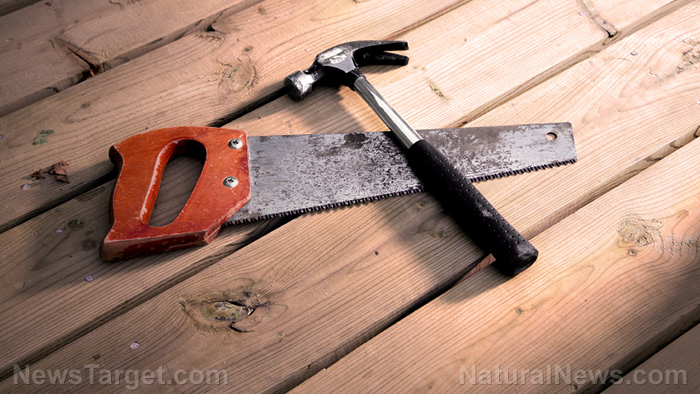
Pioneers hailed from the states of Massachusetts and Virginia back in the 1600s, and these brave souls traveled west “behind a constantly moving frontier.” The first pioneer farmers, frontier soldiers, fur traders, hunters, surveyors, and trappers learned how to survive off of the land through hard work and some creativity.
The pioneers only had themselves and the land to rely on, and thanks to wild game they had food and leather for warm clothing. They also consumed wild vegetation such as berries, fruits, and nuts. Through trial and error, pioneers honed various skills so they could survive even in the harshest conditions. (h/t to Survivopedia.com)
Essential pioneer skills
Modern preppers can look to pioneers for inspiration, especially when it comes to these eight survival skills:
- Basic carpentry/shelter building – Most pioneer homes were made using the humble ax. Thanks to back-breaking work, pioneers made their own houses using timber from trees in the forests that they eventually settled in.
- Cooking over an open flame – This cooking method is simpler than the kitchen we’ve gotten used to preparing meals in. Pioneers developed certain equipment and techniques to cook food outdoors, like Dutch ovens that are often associated with the American Old West. These pots had legs and handles so they could be suspended over a fire. Dutch ovens are suitable for cooking dishes that have a longer cooking time such as joints of meat, soup, and stews. Pioneers fashioned pot hangers so they could cook over open fires, and this method was also used in home fireplaces before traditional stoves were invented. Modern ways to cook over open flames include wrapping food in foil and leaving it among the coals to cook. Other cooking options include using a spit for roasting meat or a cooking grate over the campfire.
- Food preservation – Proper food preservation was crucial to pioneer living and smoking meat gave pioneers access to edible meat that lasted for a long time. Modern preppers opt for other meat preservation methods like canning or freezing. Canning, which is similar to how we can fruits and vegetables, is the same when preserving canned meat. However, you need to check if the meat’s temperature is high enough so you kill all bacteria before the jars are sealed. (Related: Curing and preserving meat in the wild: 5 different techniques.)
- Game tracking – Through game tracking, pioneers were able to hunt wild animals. They also used their butchering skills to ensure that no part of the hunted animals is wasted. Different animal parts were used for food, clothing, or other tools. Their tracking skills also allowed pioneers to navigate through uncharted territory, which is impressive since they didn’t have access to maps or a compass. Aside from tracking, pioneers were well-versed in which plants had medicinal purposes.
- Gardening – Pioneer gardening techniques that are still applicable today include “[spacing] your thinner plants at the maximum recommended distances” to maximize air circulation and boost drought tolerance. They also cultivated the soil with a sharp hoe to eliminate weeds and improve irrigation. Crop rotation and leaving a bed fallow was another efficient gardening technique. Finished compost was also used to improve the soil’s ability to retain moisture and store nutrients.
- Sewing – Aside from creating or repairing clothing, sewing was used for medical purposes. Steady hands were required to stitch up an open wound.
- Soap-making – In the past, pioneers made soap using wood ashes and animal fats. Soap making was a yearly or semi-annual event, and it took place on pioneer homesteads. Animals were often butchered during autumn, and soap was made during the same time of year to make the most out of the lard and tallow that the butchered animals produced. In farms or homesteads that didn’t have access to lard and tallow, soap was often made in the spring with ashes left over from winter fires and leftover cooking grease.
- Well-drilling – Pioneers relied on wells for fresh water. A modern prepper can benefit from a well because it’s one way staying off-grid.
Sponsored solution from the Health Ranger Store: The Big Berkey water filter removes almost 100% of all contaminants using only the power of gravity (no electricity needed, works completely off-grid). Widely consider the ultimate "survival" water filter, the Big Berkey is made of stainless steel and has been laboratory verified for high-efficiency removal of heavy metals by CWC Labs, with tests personally conducted by Mike Adams. Explore more here.
If you’re a prepper looking for other useful skills to learn, check out these eight useful pioneer skills so you can improve your chances of surviving when SHTF.
Learn more about other important pioneer skills at Preparedness.news.
Sources include:
Tagged Under: bug out, canning meat, carpentry, Collapse, disaster, Food Preservation, game tracking, gardening, Homestead, homesteading, hunting, navigation skills, off grid, open fire, pioneer skills, preparedness, prepper, prepping, sewing, shelter building, SHTF, survival, survival skills, survivalist, tracking skills, well drilling







